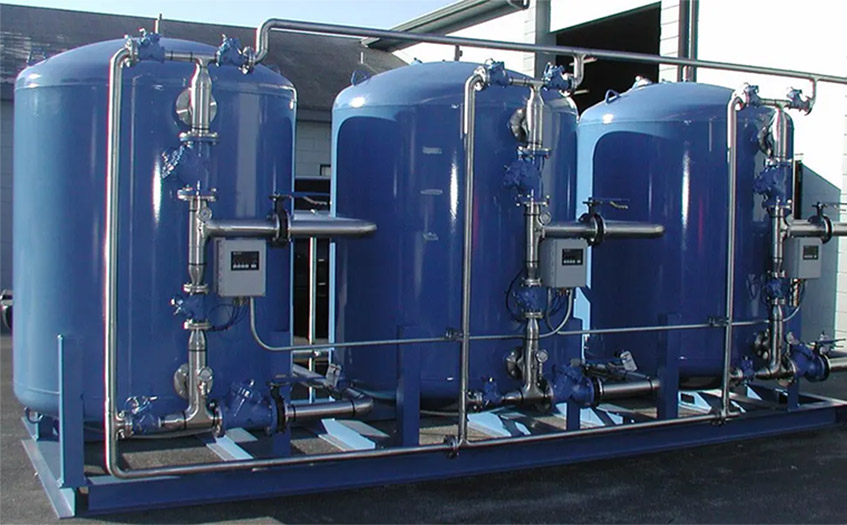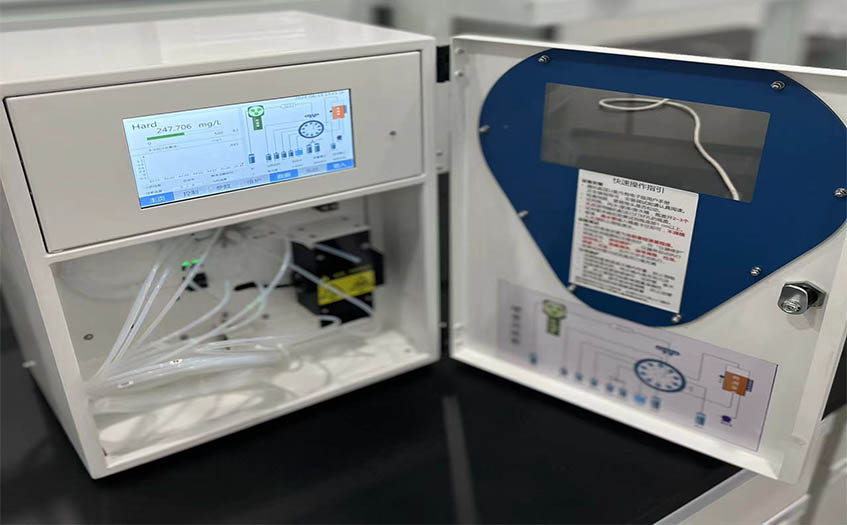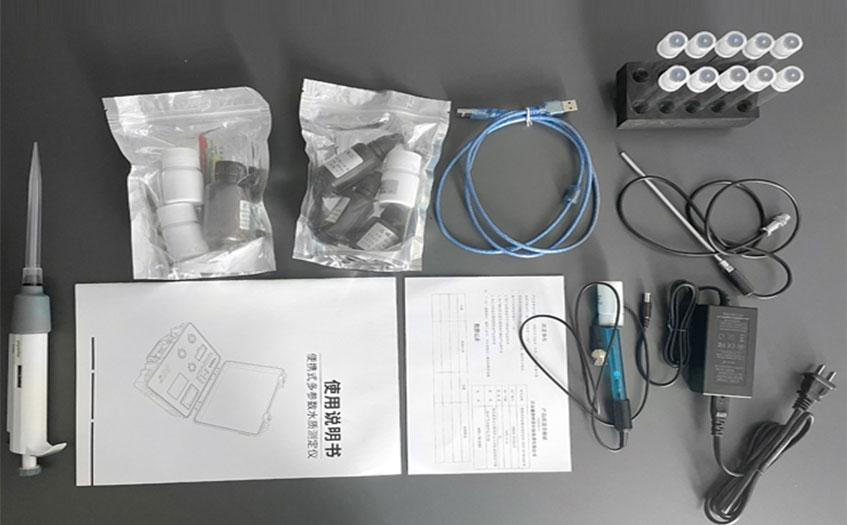Why do we need to understand the standards and methods of boiler water quality testing?
Regular testing of boiler water to ensure that its water quality meets relevant standards is an important measure to ensure the normal operation of the boiler. This article aims to introduce the standards and methods for boiler water testing to provide reference for relevant personnel.

The standards for boiler water testing mainly include national standards, industry standards and enterprise-defined standards. Among them, industry standards are the basic requirements for boiler water quality, while enterprise-defined standards may vary according to specific equipment, processes and water source conditions. The following are some common boiler water testing index parameters:
1.Various indicators that can be detected for boiler water quality: hardness, alkalinity, turbidity, pH value, dissolved oxygen, conductivity, oil, iron, copper, phosphate, chlorine and other substances that can affect the operation of the boiler.
2.Testing frequency and notification: Test the feed water and boiler water every 2 hours, and notify the water treatment workers and boiler operators in time to control the water quality indicators.
Boiler water testing methods:
1.Physical analysis method: judge the water quality by observing the color, turbidity and other indicators of the water sample. This method is simple and easy, but the accuracy is relatively low.
2.Chemical analysis method: The water sample is treated with chemical reagents and then analyzed by colorimetry, titration, etc., which can accurately and quickly obtain water quality indicators.
3.Instrumental analysis method: Using professional water quality testing instruments for measurement can quickly and accurately obtain various water quality indicators.
The ERUN-ST7-C34-11 boiler water quality detector developed by Erun Environmental Protection uses spectrophotometric colorimetry to more accurately detect the concentration of index parameters in boiler water. For specific information, please consult customer service.

When focusing on the standards and methods for boiler water testing, it is also necessary to pay attention to the following points:
Sampling accuracy: When sampling, ensure that the sample is representative of the water quality in the boiler to avoid contamination and misoperation.
Quality and proportion of reagents: The quality of reagents directly affects the accuracy of test results, and the proportion must also be strictly carried out in accordance with regulations.
Accuracy of laboratory equipment: Regularly calibrate and maintain laboratory equipment to ensure the accuracy of its measurement results.
Professionalism of laboratory technicians: Laboratory technicians need to have professional knowledge and experience to correctly operate laboratory equipment and judge test results.

Timely feedback of test results: Test results should be fed back to water treatment workers and boiler operators in a timely manner so that they can adjust water quality control work in a timely manner.